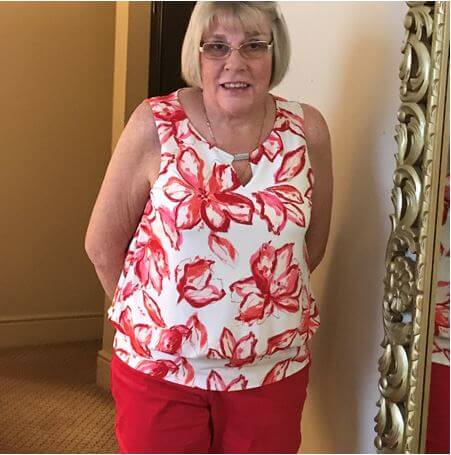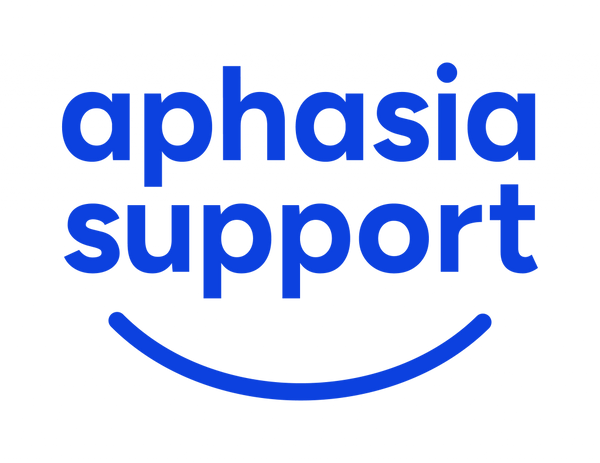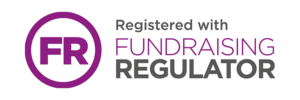Carole Nock

Five years ago, Carole experienced a life changing event: she suffered a stroke which left her with the speech and communication disorder, Aphasia. A condition experienced by a third of stroke victims (around 40,000 people in the U.K. each year), aphasia affects a patient’s ability to speak, read, write and comprehend, to varying degrees. For Carole, what hit hardest was the impact this had on her speech “I had total [loss], I couldn’t talk at all”. Since then Carole has worked extremely hard on her speech and communication with the support she has received through the NHS and, more recently, Aphasia Support.
Due to her consistent improvement, Carole received 12 whole months of speech therapy from the NHS before her progress was perceived to have plateaued and she was discharged. Unfortunately, at this time Carole’s family was then hit by another tragedy when her husband passed away. This led Carole to the realisation that without that support at home with everyday functional tasks, “I need to talk more”. In 2018, Carole contacted Aphasia Support to see what possible support the charity could provide. Since then, Carole has been working on computer-based speech therapy in partnership with her volunteer, Emily, and has again been making excellent gains in her speech.
Emily began volunteering for the charity in 2017 as a postgrad of Speech and Language Therapy. These days, Emily is a qualified Paediatric Speech and Language Therapist, working for Aphasia Support to complete client assessments and continuing to volunteer on her off weekends with Carole. Together they’ve been working practicing using language that is directly relatable to the immediate needs of Carole’s life, living independently. For example, when discussing a once daunting task – answering the phone – Carole stated that now: “when they phone me I’m confident to answer their questions.”
When asked what she enjoys most about sessions with Emily, Carole was quick to demonstrate the functional vocabulary the pair have worked on together. Over the course of a few sessions, Emily and Carole broke down the word “cappuccino” into manageable chunks. Carole was then able to use this word when out at a local café, as Carole puts it: “I ask [for] that in café now and I get one!”.
Carole has come a long way since her stroke and looks to the future to continue to progress through the valuable working partnership she has formed with Emily. When asked about the next step, Carole noted, “hard to have a conversation with strangers,” and that’s where Emily can step in as a volunteer: setting exercises which are directly tailored to Carole’s changing needs. When addressing Carole directly, Emily said of the work they do together: “I think just, you’re the most motivated person I’ve worked with so I think that’s made this a lot, [it’s] a really nice friendship we’ve got going on.”
Aphasia Support was formed in 2011 by a group of people with aphasia and their partners. After seeing the effects computer therapy had on their speech, and as a result of the difficulties they faced when trying to access help once their NHS therapy ended, they wanted to make sure others with aphasia had the help and support that someone with aphasia needs following diagnosis. The charity is going from strength to strength, helping more people with aphasia every year. It relies on volunteers like Emily; if you have a few hours you could spare each month, the charity would love to hear from you.

